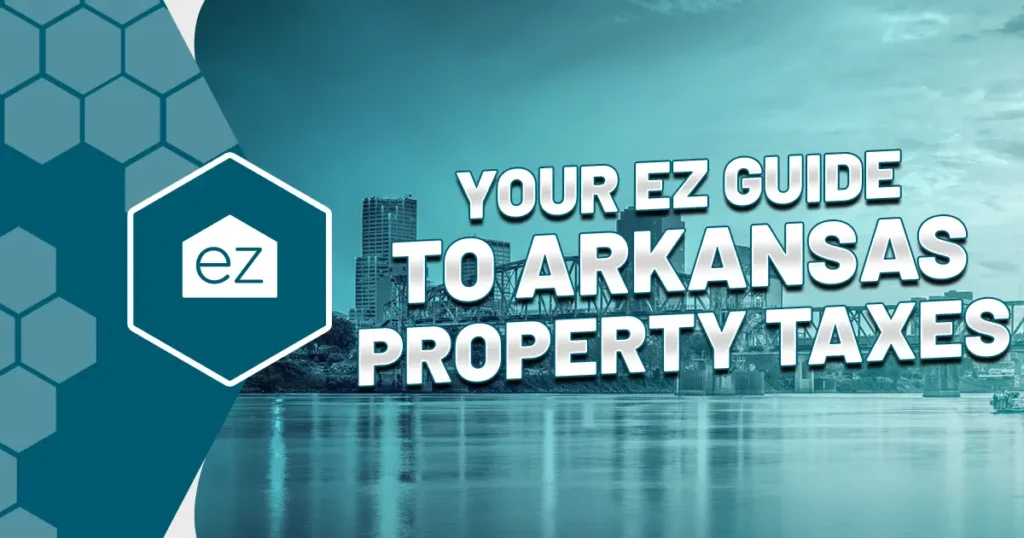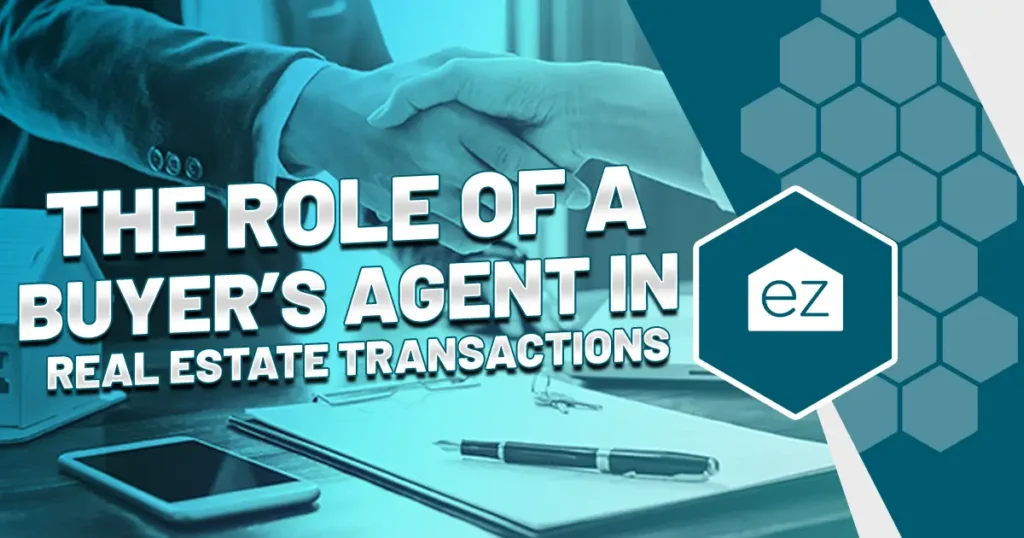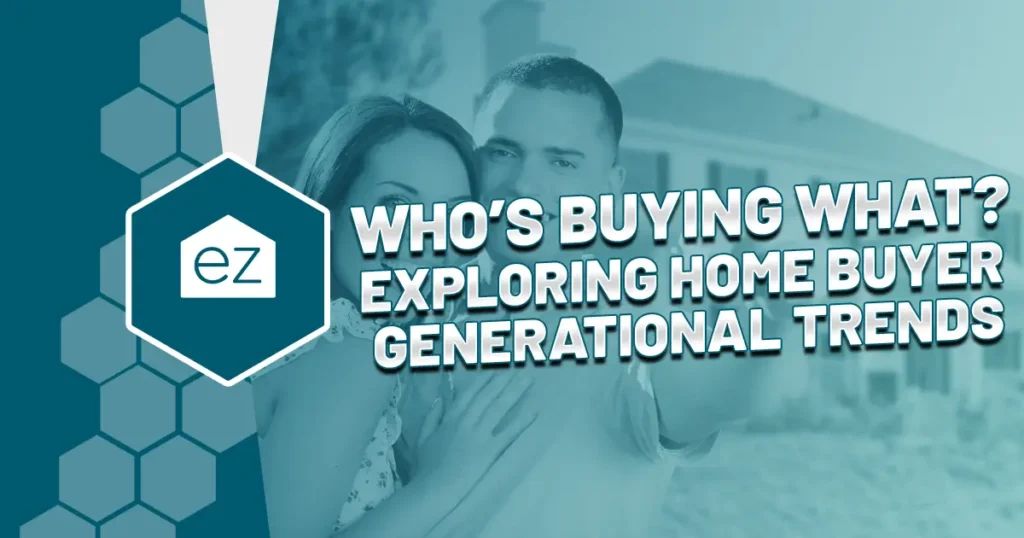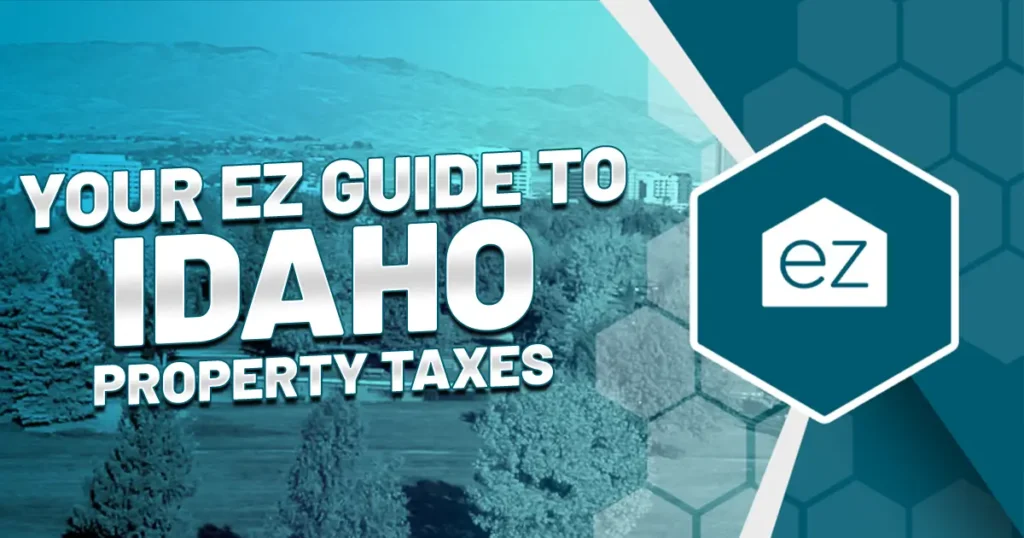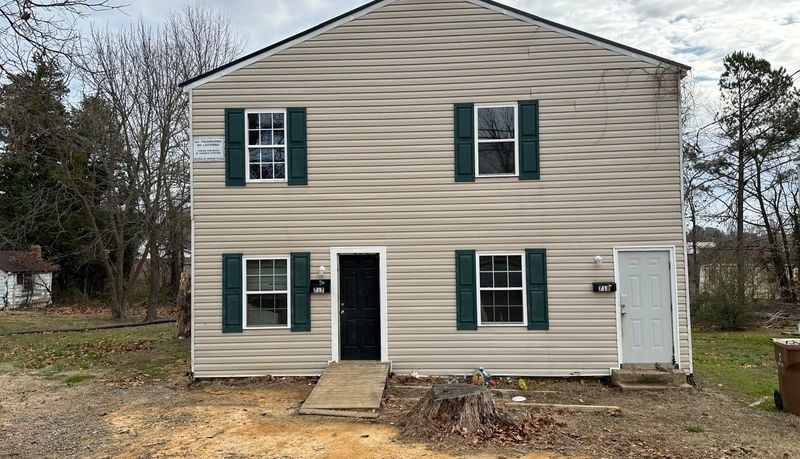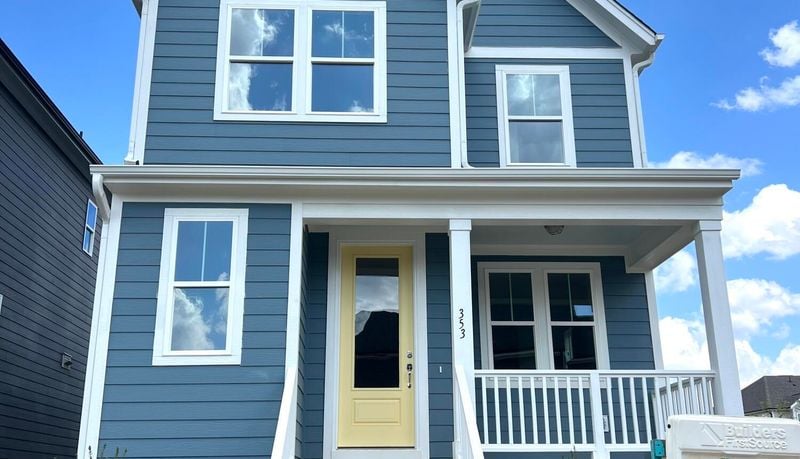Beware Roofing Scams: What Homeowners Need to Know
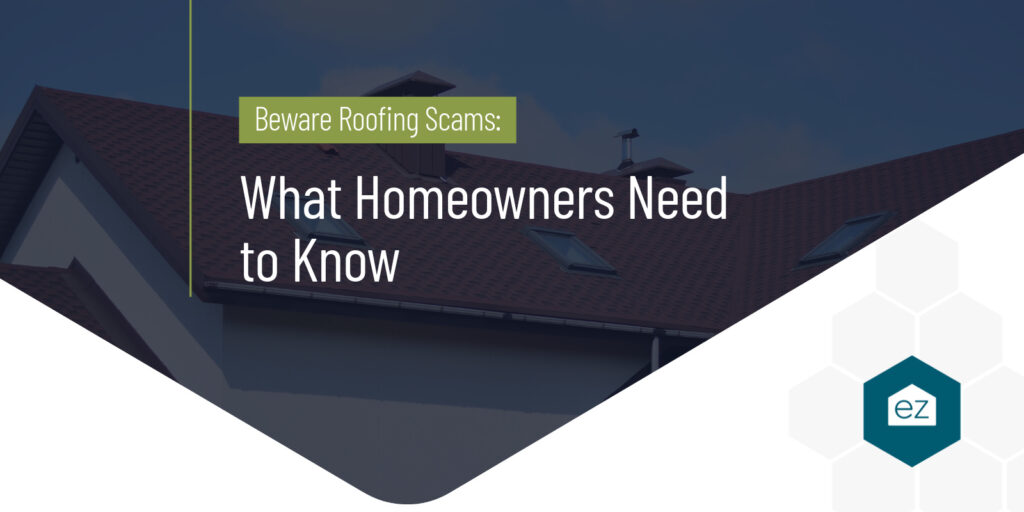
Your roof isn’t something you usually think about until it’s damaged or reaching the end of its usable life. In a state like Florida, where more stringent insurance requirements plus hurricanes and other natural disasters make roofing turnover more frequent, a new roof is probably top of mind for you or someone you know.
But there’s a problem in the roofing market. According to NBC News, roofing scams that target insurance companies are creating a headache across the Sunshine State. Here’s what homeowners will need to know about what’s happening.
Roofing scams and insurance problems
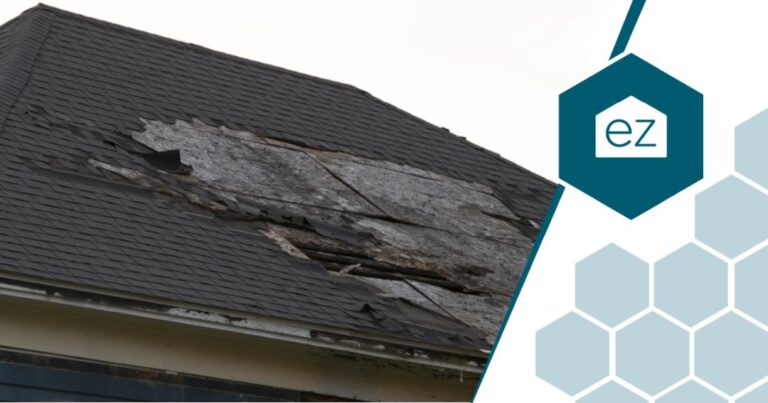
Roofing scams are threatening to homeowners because they often happen when homeowners feel the most vulnerable. Maybe there’s been hailstorm damage or a major hurricane. A company—ostensibly a local roofing company simply looking to drum up business—then comes around and offers a roof replacement, saying it’s totally covered by the homeowner’s insurance. But when they draw up the documents, homeowners sign away their rights to file the claim.
The contractors run with this paperwork, file fraudulent roof damage claims, and insurance companies predictably say no. The contractors sue, at which point insurance companies often settle. And much of the time, these settlements may be more than the damages in the claim. The contractors’ lawyers suck up a good portion of the money, and the cycle repeats itself.
As NBC News reports, there hasn’t been a “major” hurricane in Florida since 2018. This means that the rise of roofing scams is happening even in the absence of a major weather event at a much grander scale. The scammers, promising insurance can cover it, often take advantage of these events to make roof repairs sound like a slam-dunk decision.
How Roofing Scams Can Hurt Homeowners Nationwide

What’s the harm? Quite substantial, as it turns out. Insurance companies paying out exorbitant settlements, often more expensive than the initial claims, may be forced to raise rates on homeowners. This is particularly a problem in states like Florida, where hurricane risks have already driven up home insurance prices. Florida homeowner insurance rates are 4 times the national average, according to CNN.
As the article points out, Florida homeowners tend to pay private insurers around $6,000 per year. But the national average is only $1,700. In a state where insurance is already expensive, these costly roofing scams are only driving up the prices for everyone.
That includes homeowners who may have no need for roofing repairs, but still need to buy insurance. If mortgage rates remain high, that means homeowners with minimal risks to their homes can expect to pay thousands more than their counterparts in other states. Part of that is due to the risk inherent with living in Florida. But burgeoning roofing scams across the state are making it only part of the equation.
How to Avoid A Basic Roofing Scam if You’re a Homeowner

Step one is being aware of what the scam looks like. Any roofing contractor who wants to negotiate with the insurance company on your behalf may be doing so to file a problematic claim. So beware of any roofing offer that sounds “too good to be true”: a new roof isn’t something that every insurance claim can magically pay for, especially if there’s no cause for it.
With that in mind, let’s explore some extra steps to avoid roofing scams:
- Double-check the company’s credentials. Don’t make an agreement with a roofing company during the first meeting. It’s often part of their sales strategy to find techniques that force you to say “yes” on that first meeting, because they know if you do some quick Googling, you may find some things that work against them. But those same findings are the ones that work for you. Give their credentials a double-check, especially looking to see if a company is truly local to your area, or simply seems to scout out potential scams within a region of the state.
- Don’t sign any paperwork just yet. A common tactic of roof scammers is to get you to sign paperwork before they get up on your roof for a “free inspection.” You may feel slightly foolish if you insist on reading this paperwork over. Don’t. The paperwork may, in fact, be signing over the rights to the roof to the company, often to file claims on your behalf. You wouldn’t sign something online without doing some research, so don’t let anything like social pressure encourage you to do it when it’s face-to-face, either. Insist on reading everything to its fullest, and if you don’t understand it, don’t sign it.
- Remember that you always have to pay your insurance deductible. You can usually tell a scam by the bold promises it includes. If someone is trying to get you out of this basic agreement with your insurance company, it’s probably because they have something else in mind. For roofing scammers, that typically means filing the claim and never getting it paid, at which point they might sue. The result is higher insurance rates for the rest of us, who don’t try to scam our insurance companies.
Homeowner’s insurance can be complicated sometimes, even intimidating. That’s why it’s tempting to let a “too good to be true” offer carry us away. But if you do your due diligence and don’t say “yes” to every offer that comes along, you can help protect homeowners across Florida, and in every state. Ultimately, it’s a homeowner’s good habits that help keep prices down for the rest of us.
Start Your Home Search
Preston Guyton
Share this Post
Related Articles
Real Estate Information
Your EZ Guide to Arkansas Property Taxes
Real Estate Information
The Role of a Buyer’s Agent in Real Estate Transactions
Real Estate Information
Who’s Buying What? Exploring Home Buyer Generational Trends
Real Estate Information
